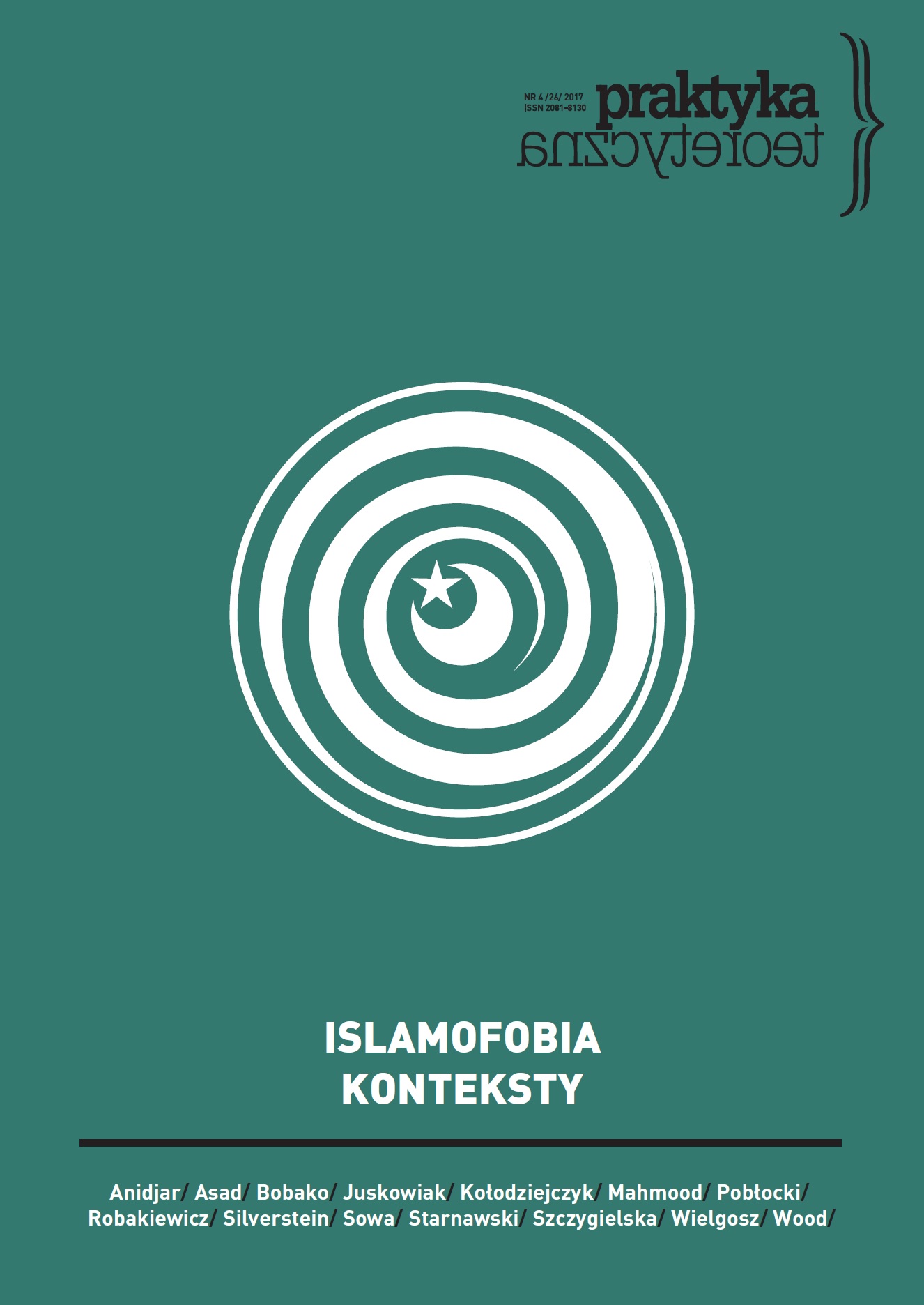Stosunki dawnej Rzeczypospolitej z Turcją i Tatarami: Czy naprawdę byliśmy przedmurzem Europy?
The Polish-Lithuanian Commonwealth’s relations with Turkey and the Tartars: was it really Europe’s bulwark?
Author(s): Dariusz KołodziejczykSubject(s): History, Diplomatic history, Political history
Published by: Uniwersytet im. Adama Mickiewicza w Poznaniu
Keywords: bulwark of Christianity (antemurale Christianitatis); Ottoman Empire; Tatars; Christian-Muslim relations; Renaissance diplomacy; calendar
Summary/Abstract: Contrary to enduring stereotypes, war rarely broke out in relations between Poland-Lithuania and the Ottoman Empire. Instead, relations were mutually characterized as a way to maintain peaceful neighborliness. Admittedly, the Polish court readily used the phrase the bulwark of Christianity in its relations with other European capitals, especially with papal Rome. However, only with the post-partition era, mainly due to the influence of literary works by Henryk Sienkiewicz, did the names “Turk” and “Muslim” become synonymous with the enemy, though Sienkiewicz did this to avoid censorship from the partitioning states. Nevertheless, studies on the era of the Jagiellonian dynasty reveal that Jagiellonian kings took a pragmatic attitude in their relations with Muslims, which involved having a familiarity with their customs, religious fests and calendar, as well as an openness towards forming political and military alliances. This attitude was unchanged during the times of elective kings, when the phrase “defense of Christianity,” which was applied for domestic use and especially in relations with the West, often coincided with a respect for Muslim partners and a lack of religious bias in mutual relations. Current efforts to instrumentalize the person of John III Sobieski for anti-Muslim propaganda must be regarded as a misunderstanding, since the said monarch valued Oriental culture, spoke the Turkish language, maintained regular contacts with Muslim capitals, and his decision to led his army to Vienna was motivated by political pragmatism rather than religious concerns.
Journal: Praktyka teoretyczna
- Issue Year: 2017
- Issue No: 26
- Page Range: 16-36
- Page Count: 21
- Language: Polish

